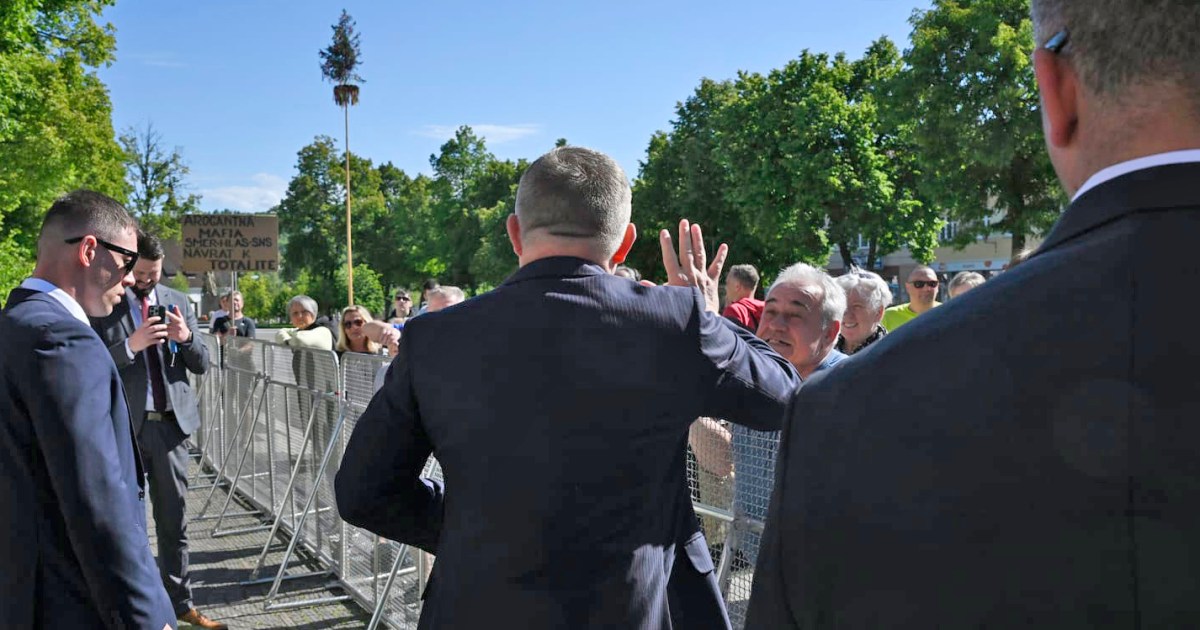
Slovakia’s populist prime minister was in “very serious” condition, officials said Thursday, after being shot multiple times in an attempted assassination that sent shock waves across the small central European country and the broader continent.
A suspect described as a “lone wolf” who had taken part in anti-government protests was charged with attempted murder as leaders urged calm.
But while Robert Fico‘s condition had stabilized, the incident left Europe to confront what appeared to be a rare outbreak of political violence in a region increasingly polarized by intense divisions.
Fico was rushed to a hospital and was “fighting for his life” Wednesday after he was shot multiple times in a town northeast of the capital, Bratislava, in what his party said was an “attempted assassination.”
By Thursday morning, Fico’s condition appeared to have improved after hours of surgery. “His condition is stabilized but is truly very serious, he will be in the intensive care unit,” said Miriam Lapunikova, director of the F.D. Roosevelt University Hospital in Banska Bystrica, where Fico was rushed after being shot while greeting the public following a government meeting.
A precise motive in Wednesday’s shooting remains unclear, but Slovakian Interior Minister Matúš Šutaj Eštok said an initial investigation had found a “clear political motivation.” On Thursday, however, he described the suspect as a lone wolf who “did not belong to any political groups.”
He said the suspect had been charged with attempted murder. The country’s state broadcaster reported that he was a senior citizen and amateur writer who had published poetry and novels.
Fico has long been a divisive but dominant figure in Slovakia. He served as prime minister for longer than any other leader in the country, and returned to power after his leftist-populist Smer party won an election last September on a pro-Russia and anti-America platform.
Fico’s government has drawn criticism from within the European Union, of which he is a staunch critic, for his stance on the war in Ukraine. And at home, opposition parties have led mass protests over issues including corruption and plans to take control of public media.

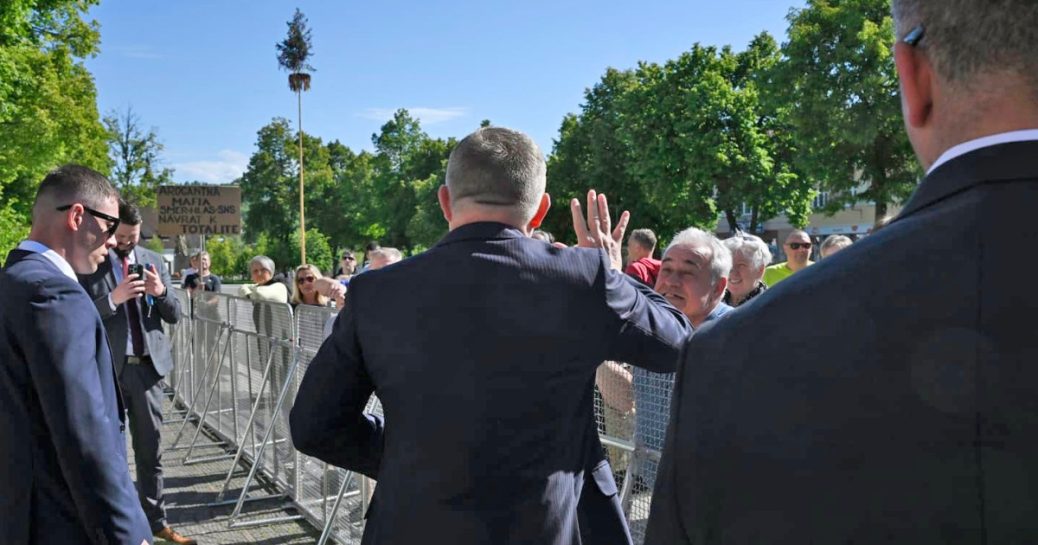
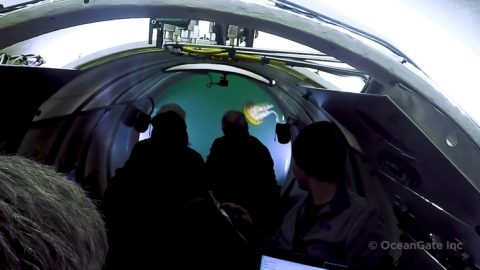
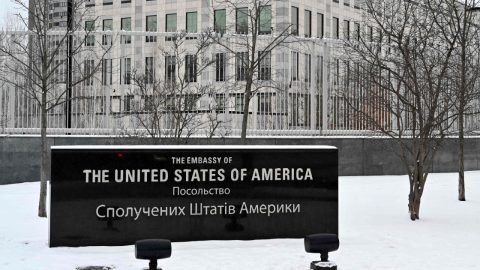

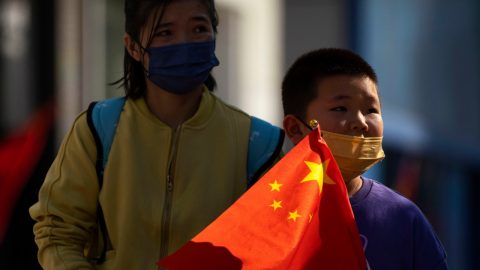
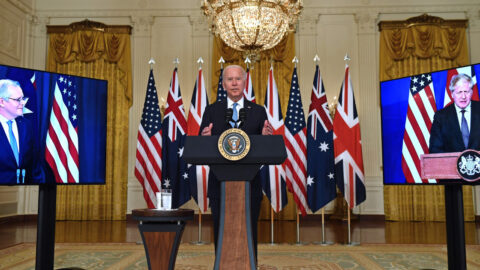
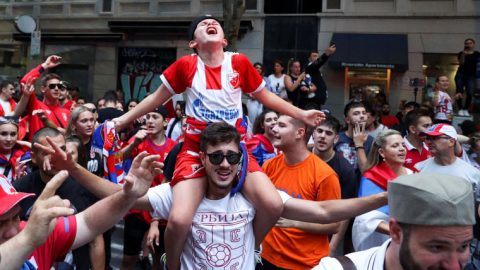
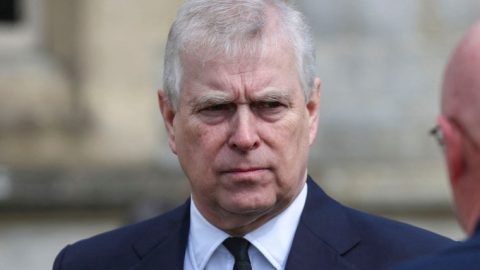
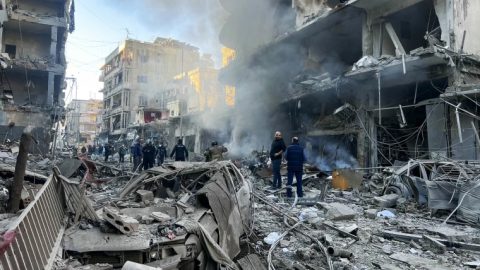
Recent Comments